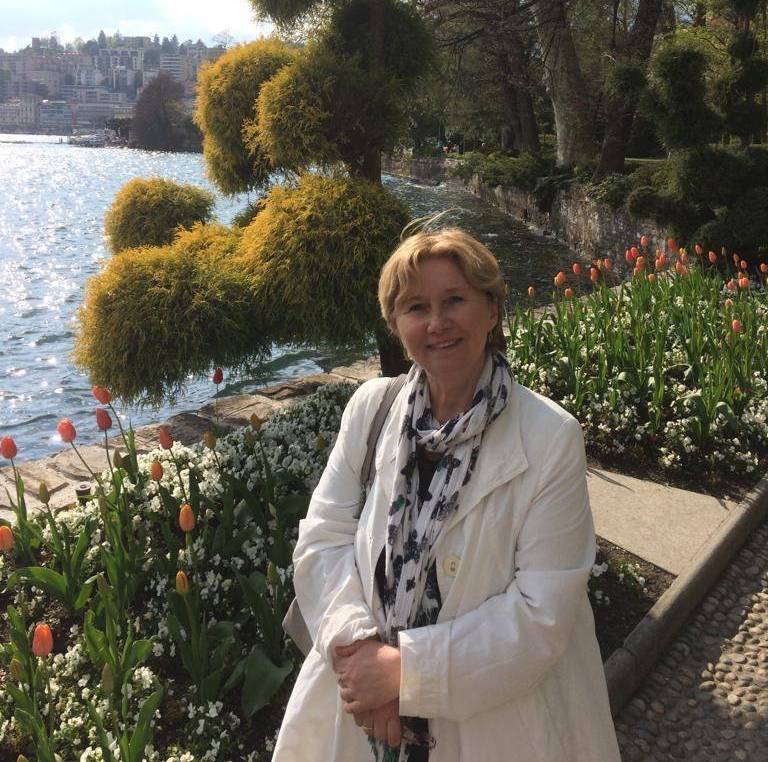Dr Svetlana Pasti, who works as a Senior Researcher in the Faculty of Information Technology and Communication Sciences (ITC) at Tampere University, has a new publication that should be of interest to anyone wanting to know more about Russian journalism.
Together with Olga Logunova and Sergey Davydov from the Higher School of Economics at Moscow, she has published an article “Journalistic Role Performance in the Russian Press: A Post-Soviet Model for the Third Decade, 2012–2022”.
The article explores how journalists make news in the Russian newspapers and what journalistic roles emerge from news content.
To examine these questions, they conducted a study on the news content of two general interest newspapers: Rossiiskaia Gazeta, the official organ of the Russian government, and Moskovskii Komsomolets, a private newspaper oriented to a mass readership. The sample included 1,397 articles published in 2012–2013.
Despite their different orientations (quality newspaper versus tabloid) and ownership (state-owned versus private), both newspapers had similar priorities in shaping the news: priority for government/political party sources and priority for topics related to the government and legislature.
Analysis of the balance of sources revealed that each newspaper represented only one point of view in more than half of its articles (56%) and every fifth story was based solely on a journalist’s opinion. An interventionist role was the most practiced by journalists of both newspapers.
The study concluded that there was no clear-cut distinction in the quality of news between the state-owned (quality) newspaper and a private (popular) newspaper as both relied mostly on government/party sources, and prioritized the voice of authorities and journalists – typical characteristics of a Soviet newspaper.
The study appears in the latest volume of the peer-reviewed, international, and interdisciplinary quarterly journal Demokratizatsiya: The Journal of Post-Soviet Democratization, which is published by the Institute for European, Russian and Eurasian Studies, The George Washington University.
You can find the contents of the latest volume here.
TaRC congratulates Sveta on a timely and important contribution!

